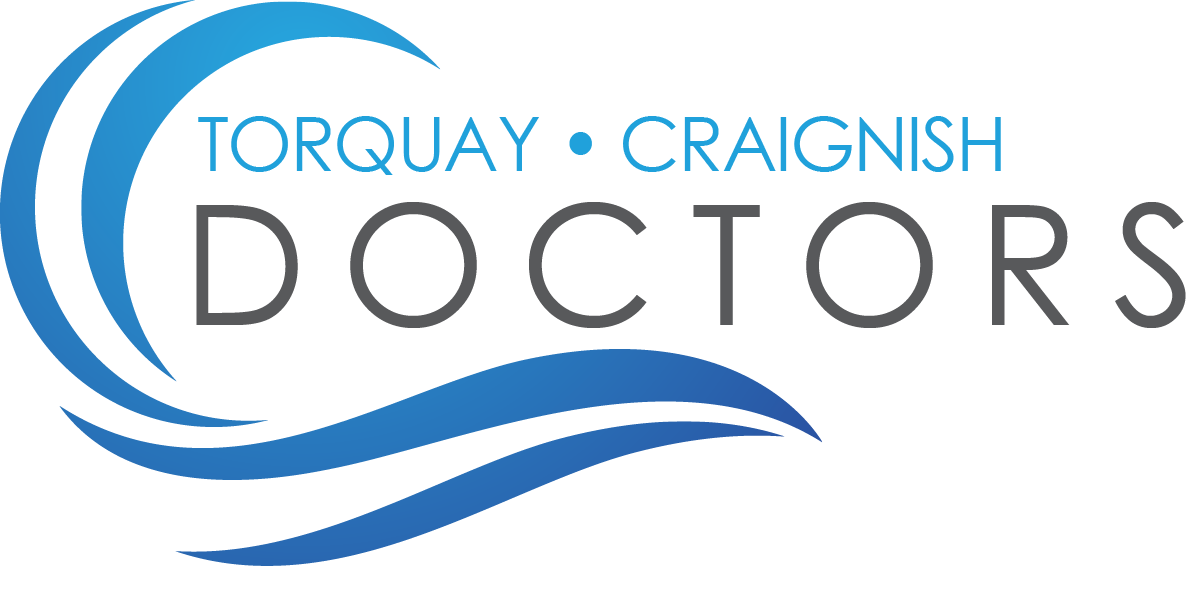Article – Courtesy of Queensland Health
We all know vaccines have been around for a long time, but right now it might seem like the COVID-19 vaccines are all you hear about when you turn on your TV, the radio, or open social media.
It might even be dominating the conversations you overhear on the train each morning.
From legitimate stories of blood clots and allergies, to conspiracy theories like microchips and autism, we are constantly flooded with the good, bad, and ugly of vaccine information.
But what does this mean? Are the COVID-19 vaccines more dangerous than the vaccines that protect us against chicken pox, whooping cough, and measles?
In short? No.
The COVID-19 vaccines are topical. They’re new. They’re in vogue. They are under the global microscope in a way modern medicine has never seen before. More popular than Taylor Swift, more controversial than the Kardashians.
This attention, coupled with a mass vaccination rate never seen in history, means potential issues with the vaccine are exacerbated.
Let’s compare the pair.
2.8 billion doses of the COVID-19 vaccines have been given globally.
That’s a contribution of 321 million vaccinations from the USA in six months, where annually the American national influenza campaign only distributed 174 million vaccines the whole of last year!
We are vaccinating very large numbers of people over a short period of time. When you hear some media outlets reporting severe reactions, this doesn’t mean there’s more of them, statistically, it means we hit fast-forward on outcomes we would normally see over months – even years. A certain number of unexpected and unusual reactions are going to happen, by chance, in the period following vaccination.
It’s like watching a Quentin Tarantino movie on 10x speed and thinking, ‘Gee, I’ve seen a lot of Brad Pitt in just five minutes.’
So how exactly do we know these vaccines are safe and what does it actually mean when we hear that vaccine safety is monitored regularly?
In a nutshell, the normal, business-as-usual safety and monitoring systems are still at play.
In Australia, we have the Therapeutic Goods Administration (TGA) and the Australian Technical Advisory Group on Immunisation (ATAGI).
The TGA has overall responsibility for monitoring the safety of medicines and vaccines in Australia. They were also the group responsible for approving their use in the first place.
They are also the body who manage reports of adverse events, in order to centrally detect safety concerns and communicate these issues to the public.
That’s why it is mandatory for any clinician to report any adverse reactions you may have to a vaccination of any kind, not just the COVID-19 vaccines.
ATAGI provides advice to the Federal Minister for Health and research organisations on current immunisation research and areas that need further attention, and consults with relevant organisations to implement immunisation policies, procedures, and vaccine safety.
It was ATAGI that led the changes we saw some weeks ago in relation to the AstraZeneca vaccine and new recommendations for those under 50 years of age.
None of this is new. But all of this works.
In fact, Australia has some of the strictest and most closely monitored vaccine standards in the world.
We even started using AusVaxSafety back in 2014, alongside the National Centre for Immunisation Research and Surveillance. AusVaxSafety is a vaccine surveillance system that allows us to proactively look for potential issues with vaccinations.
Texts or emails are sent to individuals, asking them survey questions on their health after being vaccinated. This is on top of the other systems we already have.
So far this year, AusVaxSafety has surveyed nearly 187,000 people after they’ve had the 2021 influenza vaccine. This number will continue to grow through the year. Last year (2020) it was around 260,000 in total.
The public should feel confident in vaccines—the science is sound—but they should also feel safe in the knowledge that we’re always monitoring, always watching, always checking.
Please get vaccinated when it is your turn to do so.
Want to know more?
The Queensland and Australian government websites have all you know need to know about our COVID-19 vaccines.
You can register to receive the COVID vaccine at Getting vaccinated.


